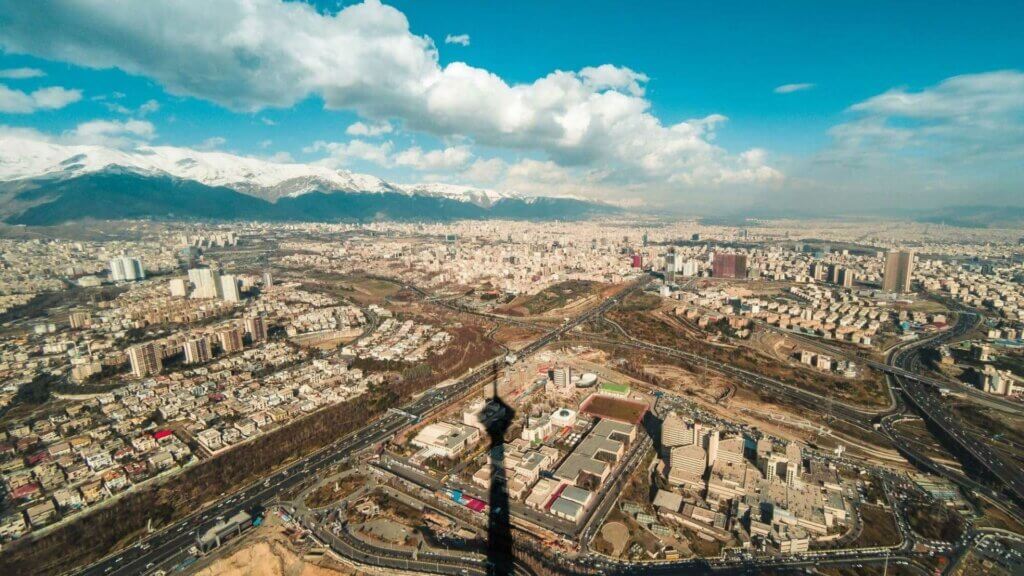
The Office of Foreign Assets Control (OFAC) administers and enforces trade embargoes and sanctions based on U.S. national security and foreign policy goals against targeted foreign countries and regimes, terrorists, international narcotics traffickers, and those engaged in proliferation of weapons of mass destruction. This is accomplished by freezing assets under U.S. jurisdiction and prohibiting the direct or indirect sale, purchase, transportation, or export of items or services to or from those designated.
OFAC does provide general licenses to permit certain types of transactions that would otherwise be prohibited under their regulations. A general license provides an exemption from the normal licensing process and is granted when the transaction meets a defined set of criteria in support of U.S. foreign policy objectives. OFAC also issues specific licenses on a case-by-case basis, which allows a transaction that conforms with internal licensing policies and the sanctions programs administered by OFAC. However, it is imperative that every business contact is verified with the correct name and address, and all payments go through a company bank account to avoid any OFAC violations.

OFAC List of Sanctioned Countries
In order to avoid reputational damage, financial penalties, and being banned from doing business altogether, businesses need to make checking sanctions lists a regular part of their compliance processes. Fortunately, screening for OFAC lists is easier than ever with the help of automated tools.
The OFAC sanctions list includes individuals and organizations that have been targeted by the US government due to their links to terrorism, money laundering, or other illegal activities. This list is known as the Specially Designated Nationals and Blocked Persons (SDN List) and is available on OFAC’s website. The SDN List is also regularly updated to include new names and additional information.
OFAC also maintains other sanctions lists that provide different types of restrictions on a country or individual basis. For example, the Non-SDN Menu-Based Sanctions List prohibits individuals and entities not blocked by the SDN List. The NS-CMIC List, on the other hand, restricts trade and investment with Chinese military-industrial complex companies.
As a result of these restrictions, businesses are required to screen their customers, business partners, and potential employees for connections to these sanctioned entities and countries. In addition, businesses are required to report any suspicious activities and keep detailed records of all screening activities for audit purposes. For these reasons, it is important to create comprehensive compliance policies and procedures that address screening, reporting, and record-keeping.